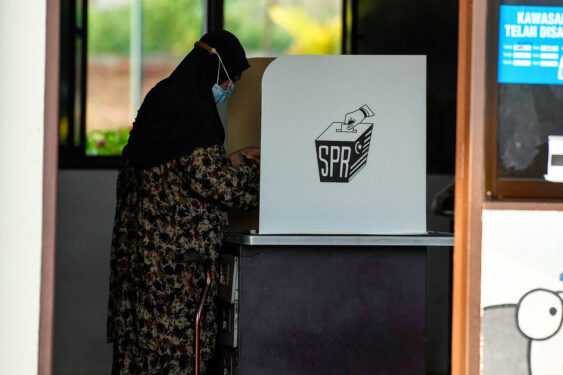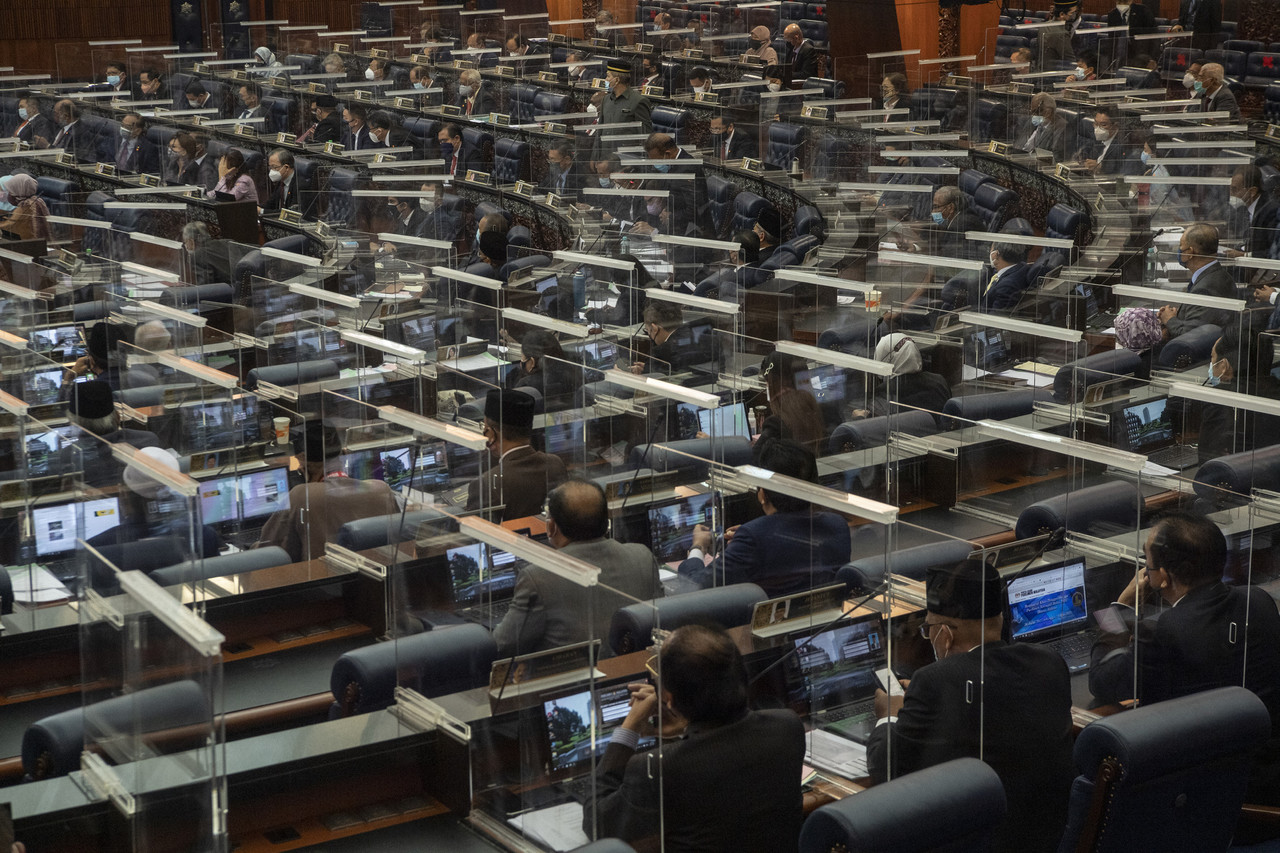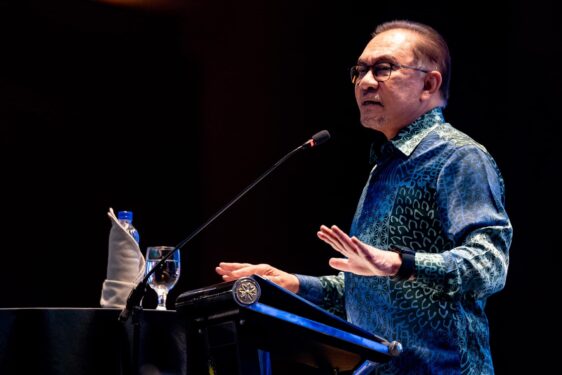FOR quite some time now, there has been strident calls for an anti-hopping law to be passed by Parliament and state assemblies to prevent members of parliament (MPs) and state representatives from jumping ship for their own personal, selfish or suspicious reasons.
Tabling the anti-hopping law in Parliament has been one of the conditions in the memorandum of understanding (MOU) signed between the Government and the Opposition.
This issue is complicated at best and even the courts uphold the principle of the freedom of association enshrined in the constitution as sacrosanct and will refuse to judge on this controversial and contentious issue.
It is not a matter of signing statutory declarations or agreements as the core matter is political – not legal – and the courts will refuse to judge on political matters.
With the current unstable political situation – and even possibly after the 15th general election (GE15) – there could be more expensive by-elections underway.
Already elections have become costly with automatic registration and those aged 18 voting nationwide. Some prefer the recall procedure practised in a few developed nation but whatever it is, a by-election cannot be avoided under any system.
Sheraton Move ‘perfectly acceptable’
If a few MPs opt to join another political party or want to become independents due to differences with their existing party, it will be difficult to pressure or persuade them to give up their seats as there is only a political bond between the members of a party as opposed to a legal bond.
This is one distinguishing feature that has been overlooked by all those clamouring for an anti-party hopping law. Differences of political opinion can be a justifiable and a valid reason for members to leave the party. The courts cannot interfere in this political matter.
It will also be a more complex and totally different matter if a large group of MPs citing dissatisfaction or lack of confidence in the leadership leave the party as was the case with the Sheraton Move when a large group of MPs left the Pakatan Harapan (PH) coalition and formed Perikatan Nasional (PN) with Tan Sri Muhyiddin Yassin as the prime minister.
The reason or excuse given for the Sheraton Move was that some members of BERSATU did not agree with what was happening in PH and decided to break away. This was a classic case of party-hopping with the pros and cons and complexities and complications of anti-party hopping laws can be learnt from this episode when drafting such laws.
Even though many in Malaysia do not agree with the Sheraton Move, it is a perfectly acceptable situation prevailing in many countries where a party or a group of legislators can withdraw support for the coalition if they feel that they are against some of the changes made by coalition members.
The voters cannot do much about this as the break-away MPs will respond by saying that they are holding true to the party principles unlike the other factions.
One faction will be accusing the other. A wide range of issues concerning the election manifesto, socio-economic and political problems, aspects of government administration and others could end up to be controversial and contentious that can destabilise a coalition.

— fotoBERNAMA (2022) HAK CIPTA TERPELIHARA
Never undermine small political parties
Parties may group together to win an election but there is no guarantee they will stick together for the entire term. The voter here does not have much of a choice and can only look on helplessly as he neither has any means legal or otherwise to compel the MPs in any way.
In a coalition, can party hopping they be prevented? Will it mean having numerous by-elections simultaneously will this not destabilise the political situation further? Will this not distract the people and Government from focusing on greater socio-economic priorities?
Malaysia now has many small parties, hence this will pose a risk for the ruling coalitions to antagonise them as they can leave citing any excuse and thereby bring down the Government especially when the Government has a slim majority.
The lure of money for one can be strong in tempting parliamentarians and state assembly representatives to leave their parties.
Let us consider a situation whereby Party A (Government) has only a three- seat majority and the Opposition Party B wants to grab power.
Party B uses money, influence or patronage to lure a few MPs from Party A who may have won elections in their constituencies with slim majorities. Will Party A be raring to go for by-elections in these slim majority areas knowing the risks?
It must be noted that the defecting MPs are not going to contest the by-elections. Under these circumstances, of what use or benefit is the anti-hopping law to Party A?
Coalitions are the form of government for the present and future all over the world and also in Malaysia as the days of monolithic parties dominating the government are over.
Nowadays, various parties focus or specialise on certain issues to gain the support of the electorate.
In a proportional representation system as practised in Western Europe, even small parties focusing on certain issues can get a reasonably high number of MPs who could be a force to be reckoned with in a coalition government.
It must be noted that before the political parties arrived at the scene, there was a system of elected individual legislators who deemed themselves as independents and party hopping was unheard of.
If at all an anti-party hopping bill becomes law, it may be more of a preventive rather than a corrective measure. Preventive in the sense that any MP or state assemblyman wanting to jump ship might think twice of the moral and ethical implications.
That’s all. No law can stop party hopping as freedom of association is enshrined in the constitution. It will be better if all politicians and leaders practised a more principled politics for the betterment of the country. – April 1, 2022
V. Thomas is a reader of Focus Malaysia.
The views expressed are solely of the author and do not necessarily reflect those of Focus Malaysia.










